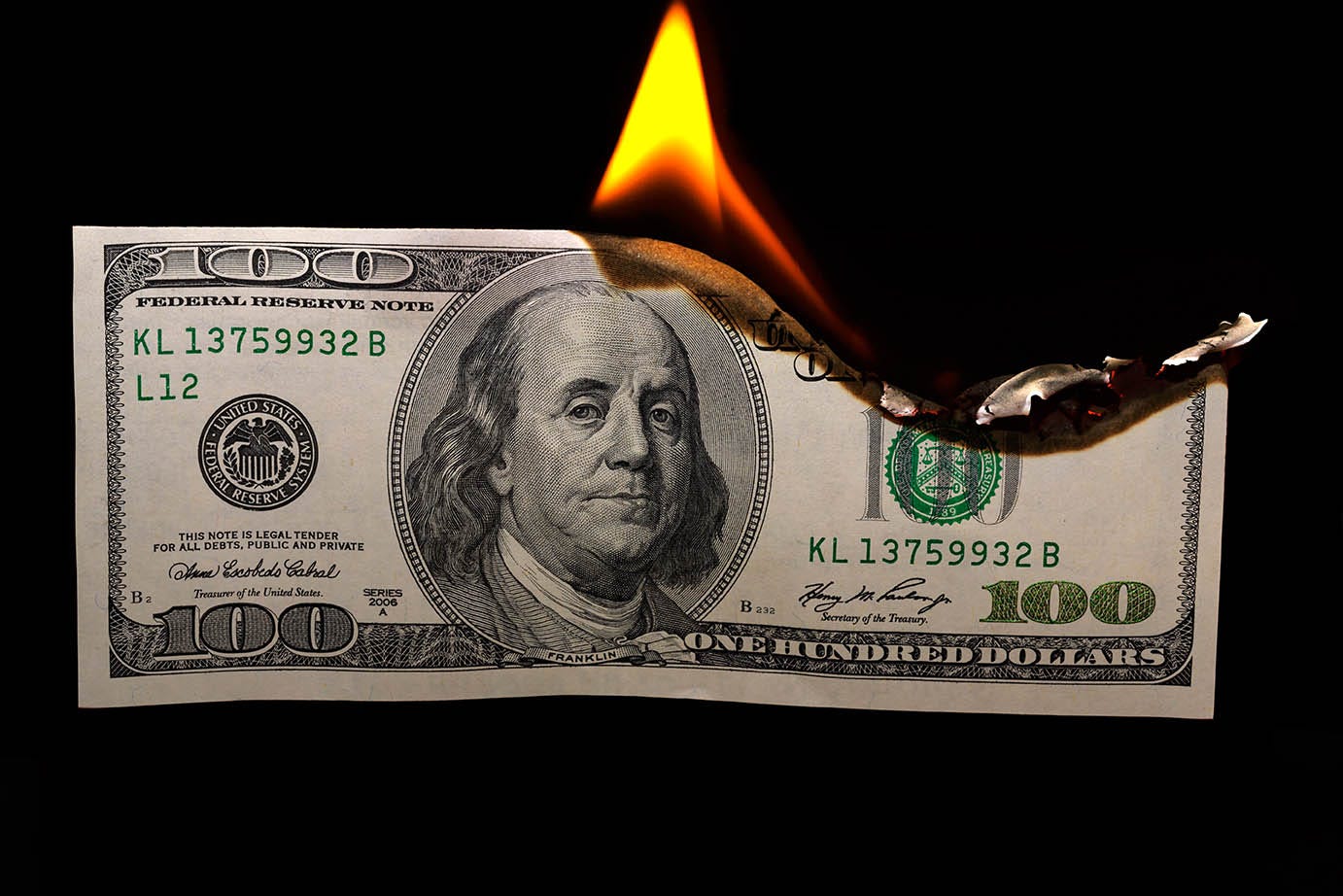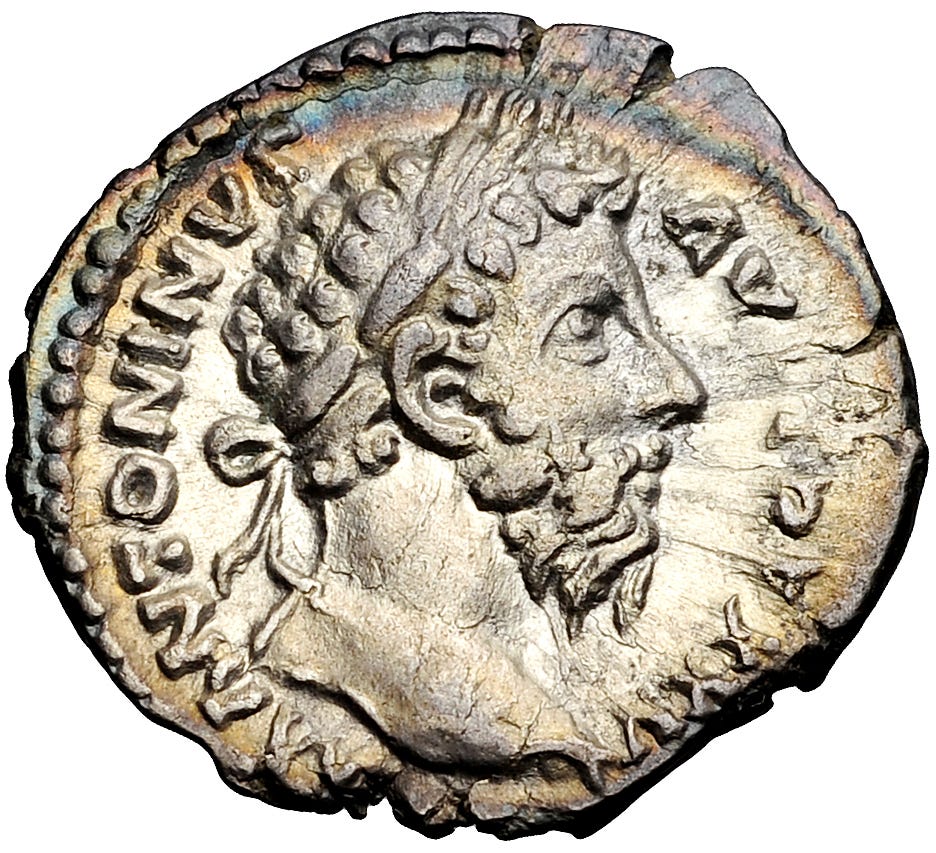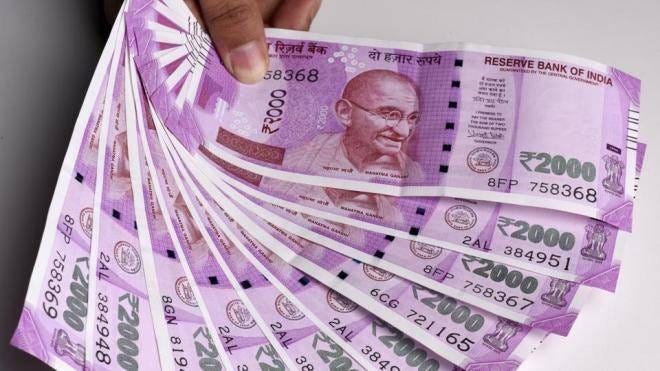

And with the death of cash, privacy faces a deeply uncertain future.
In my article on privacy coins I said governments would drive physical cash to extinction in twenty years. Now I feel it won’t even take that long.
China’s relentless push to build a state backed digital currency, the economic disaster the global pandemic wreaked upon the world, and the incredible rise of decentralized cryptos like Bitcoin and Ethereum has accelerated the timeline to kill off cash.
The only real question now is what will replace it?
Will it be decentralized, borderless, open source, privacy preserving money like Monero, or will it be nation state driven digital surveillance money?
More and more it looks like nation states have the advantage.

(See me last blog on Monero)
Open source communities started off strong, releasing Bitcoin and privacy based alternatives like Zcash and Monero before centralized powers knew what hit them. But nations states were watching very closely and they’ve learned and adapted fast. Almost every central bank in the world is rapidly making plans to build their own digital currencies.
Open source communities started off strong, releasing Bitcoin and privacy based alternatives like Zcash and Monero before centralized powers knew what hit them. But nations states were watching very closely and they’ve learned and adapted fast. Almost every central bank in the world is rapidly making plans to build their own digital currencies.
Make no mistake, the battle for the future of money is a battle for control.
Who has control now? Who loses control? Who gets more control?
Whenever the structure of how we do things in society shifts, the balance of power shifts with it. Someone gains more power and someone loses power as control changes hands.
We’ve seen this pendulum swing back and forth again and again throughout the arc of history.
Make no mistake, the battle for the future of money is a battle for control.
Who has control now? Who loses control? Who gets more control?
Whenever the structure of how we do things in society shifts, the balance of power shifts with it. Someone gains more power and someone loses power as control changes hands.
We’ve seen this pendulum swing back and forth again and again throughout the arc of history.

Roman Coin stamped with the face of a long dead ruler
In the west, the scattered power of decentralized “city states” in the time of the Greeks was replaced by the centralized might and majesty of the Roman Empire. But then the empire crumbled, replaced by a collection of shifting nation states bound loosely by Christianity and surviving Greek ideals of art, architecture and math. Decentralized to centralized and back again, over and over throughout human history.
Money’s evolution mirrored the movement of human history. It evolved organically over time, as people wanted to find a way to replace bartering. Money became a promise. We all agree its worth X and we can trade it for anything from horses to cheese.
When nations were unstable, money was more local. It often changed as fast as the rulers who lived and died by the sword. They would conquer territory, only to lose it a few years later.
But as people began to trade with people they didn’t know they needed more universal kinds of money. Why would someone in the sprawling steppes of Mongolia or the hills of northern Africa accept coins stamped with the face of a local ruler who had no power over them? So universal money developed that international traders could exchange back to local money later.
On the silk roads, international traders paid in silk for any other good or service because silk was so valuable. Traders knew they could easily sell it back home for a very consistent price. Silk was the one of the first true international currencies, facilitating trade between nations, tribes and kingdoms like never before in history. At other times, different goods served as a stand-in for money, like pepper, salt, and scraps of tree bark. Salt was so powerful as a form of money that the word “salary” comes from the salt rations given to Roman soldiers known as the “salarium argentum.”
It was these universally loved commodities acting as a store of value that swiftly replaced bartering and that was a good thing. Bartering is a horribly inefficient system. It makes it hard for everyone to get what they want, when they want it.
Maybe if you wanted to trade cheese for bread, that wasn’t so hard. Neither commodity takes up a lot of space. Both people just carry cheese or bread in their satchel and do the exchange.
But what if you’re rich in horses and you want to buy six furnaces for three horses?
Now the furnace maker also has to have a way to keep horses, so he’s in the stable business too. If he doesn’t want your horses then you can’t buy your furnaces. Since you’re rich in horses and nothing else, you can’t give him anything else. Meanwhile someone else in town desperately wants horses to take his family to another town but he’s only got iron shovels and the horse breeder doesn’t need those things.
Symbolic money made everything easier. The guy sells his horses directly to the family that wants to move. Then the horse breeder takes his money and buys furnaces. The furnace guy can buy whatever he wants and he doesn’t have to worry about the caring and feeding of horses.
The rise of nation states mirrored the rise of money. As tiny tribes gave way to fiefdoms, raiders and wars pushed and pulled borders into more stable configurations and money evolved into more universally accept standards. More and more we saw precious metals like gold and silver come to dominate what people saw as money. Then precious medals were pressed into coins with fixed values. After coins, we started using little pieces of paper backed by stores of precious metals. Eventually we cut the ties to precious metals all together, as countries went off the gold standard.
But the physical evolution of money has reached its peak.
Just as we saw chemical film evolve over a hundred years, getting more and more refined, only to get suddenly and swiftly eclipsed by digital cameras, so too will paper cash suffer the same fate. It will get replaced by fluid, easily transferable digital money.

The move to cashless societies started years ago. China is already a largely cashless society, a massive and swift change from only seven years ago when I visited in 2014 and cash was still king. Only seven years later, 86% of all people in China use mobile payments, skipping the ancient Visa and Mastercard PoS system in favor of ubiquitous QR codes.
In late 2016, Prime Minister Narenda Modi suddenly banned most of the country’s currency with the stroke of a pen. It was supposed to cut down on corruption and get people paying their taxes. They backtracked a year later but that’s only because they moved too fast. Australia tried to ban using cash for purchases of 10K or more. The measure failed but these early failures don’t mean the war is won, just the battle.
The ideas won’t go away and they’re a clear signal of how governments view cash:
As a threat.
Why?
Because cash gives nations very little control. They can’t easily see where it goes and who has it and who spent it on what.
Nation states have gotten very used to that control. Today nearly every person on Earth lives under the power of a nation state with a clear border, a coat of arms with special colors and symbols known as a flag, and a patriotic song. And as nation states became the ultimate power on the planet they seized control of the power to print money and eliminated anyone else’s power to create it with laws and force.
Initially, physical cash emblazed with the symbols of that nation state were the ultimate source of prestige. Having your own money meant you were a full fledged, independent power. Physical money was a source of pride for a nation.
